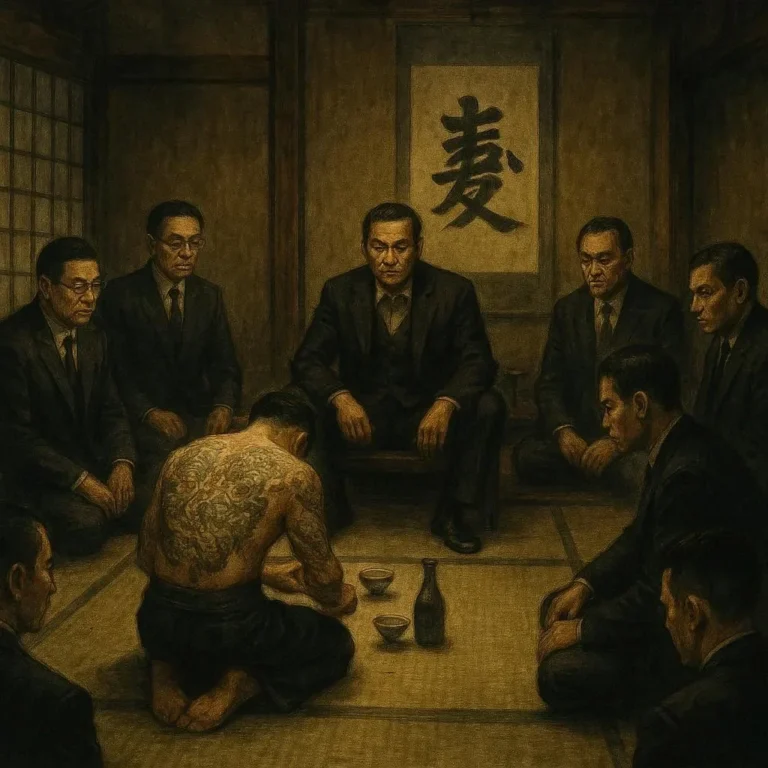504 views How Samurai Morality Guided Feudal Society
In the annals of history, few warrior classes have left as indelible a mark on their society as the samurai of Japan. For centuries, these fiercely loyal and disciplined warriors adhered to a strict moral code known as Bushido (“The Way of the Warrior”). This code not only governed their conduct in battle but also shaped the social fabric of feudal Japan. Samurai morality was a cornerstone of feudal society, influencing everything from governance and education to art and family life. In this blog post, we’ll explore how the samurai’s moral principles guided feudal society and left a lasting legacy.
Understanding Bushido: The Moral Framework of the Samurai
Bushido, the moral code of the samurai, was more than just a set of rules. It was a way of life that emphasized honor, loyalty, discipline, and self-sacrifice. Rooted in Confucian philosophy, Shinto traditions, and Zen Buddhism, Bushido provided a moral compass for samurai as they navigated the complexities of their roles as warriors, leaders, and servants of their lords.
The core virtues of Bushido included:
- Rectitude (, gi): Adherence to moral principles and justice.
- Courage (, yū): The willingness to face danger without fear.
- Benevolence (, jin): Compassion and kindness toward others.
- Respect (, rei): Etiquette and respect for hierarchy.
- Honesty (, makoto): Truthfulness and integrity.
- Loyalty (, chū): Devotion to one’s lord and community.
- Self-discipline (, jiritsu): Mastery over one’s emotions and desires.
These principles were not just ideals; they were lived out daily in the lives of samurai. They guided how samurai interacted with others, conducted themselves in battle, and fulfilled their duties to their lords and society.
The Role of Samurai in Feudal Society
Feudal Japan was structured as a rigid hierarchy, with the emperor at the top, followed by the shogun (military dictator), daimyō (feudal lords), samurai, farmers, artisans, and merchants. Samurai were not only warriors but also the guardians of the social order. Their adherence to Bushido ensured the stability and harmony of society.
1. Maintaining Social Order
Samurai were the enforcers of law and order in feudal Japan. Their adherence to Bushido meant they were expected to uphold justice and protect the weak. A samurai’s loyalty to his lord was unwavering, and he was prepared to sacrifice his life to maintain the honor of his family and clan. This sense of duty and responsibility trickled down through the social hierarchy, reinforcing the importance of loyalty and respect for authority.
2. Setting Moral Standards
Samurai were seen as moral exemplars. Their conduct set the standard for others in society. For example, their emphasis on honesty and integrity influenced merchants and artisans to conduct their business with fairness and transparency. Even farmers, who were at the bottom of the social hierarchy, aspired to the virtues of Bushido, particularly hard work and self-discipline.
The Impact of Samurai Morality on Social Cohesion
The moral code of the samurai played a crucial role in maintaining social cohesion in feudal Japan. In a society structured around hierarchy and obligation, Bushido reinforced the importance of harmony and collective well-being. Key aspects of this impact include:
1. Strengthening Loyalty and Duty
Bushido emphasized the importance of loyalty to one’s lord (daimyō) and community. This sense of duty was not limited to samurai; it extended to all members of society. Farmers, for instance, were expected to be loyal to their local daimyō and contribute to the welfare of their villages. This shared sense of responsibility fostered a strong sense of community and mutual support.
2. Promoting Honor and Reputation
In feudal Japan, a person’s honor was their most valuable asset. Samurai morality taught that one’s reputation was a reflection not only of individual character but also of their family and community. This emphasis on honor discouraged dishonesty and encouraged individuals to act with integrity in all aspects of life.
3. Encouraging Self-Improvement
Bushido’s focus on self-discipline and self-cultivation inspired people to strive for personal growth. Samurai engaged in rigorous martial training, literary arts, and philosophical study to improve themselves. This pursuit of excellence influenced other classes to embrace education and self-refinement, contributing to the cultural and intellectual richness of feudal Japan.
The Influence of Samurai Morality on Feudal Education
Education in feudal Japan was heavily influenced by samurai morality. While formal education was primarily accessible to samurai and the upper classes, the principles of Bushido shaped how people viewed learning and personal development.
1. The Importance of Martial and Mental Discipline
Samurai education was holistic, combining martial training with literary and philosophical studies. Young samurai were taught to master both the sword and classical texts, such as Confucian scriptures and Japanese literature. This balance of physical and mental discipline was seen as essential for developing a well-rounded individual.
2. The Value of Self-Reflection
Bushido encouraged samurai to engage in introspection and self-reflection (hansei). This practice of examining one’s actions and motives was seen as a way to cultivate wisdom and moral character. As a result, self-reflection became a valued practice throughout society, helping individuals to assess their behavior and strive for improvement.
The Legacy of Samurai Morality in Modern Times
Although the feudal era has long passed, the moral code of the samurai continues to influence Japanese culture and values. The principles of Bushido—such as loyalty, respect, and self-discipline—remain relevant in modern Japan, shaping attitudes toward work, family, and community. Businesses, schools, and even sports teams in Japan often draw on these values to foster teamwork and dedication.
Moreover, the samurai’s emphasis on honor and integrity has left a lasting impact on global perceptions of Japanese culture. The image of the samurai as a noble and disciplined warrior continues to inspire people around the world, symbolizing the enduring power of a strong moral code.
Conclusion
The morality of the samurai played a pivotal role in guiding feudal society in Japan. Through their adherence to Bushido, samurai established a moral framework that promoted loyalty, honor, and self-discipline. These values not only shaped the conduct of warriors but also influenced the broader society, reinforcing social cohesion and fostering a culture of respect and integrity. As we reflect on the legacy of the samurai, we are reminded of the importance of living by a strong moral compass—a lesson that remains as relevant today as it was in feudal Japan.






